Potassium is an essential dietary mineral that supports muscle, nervous system, and brain function helps transport nutrients to your cells, and helps regulate blood pressure (works in opposition to sodium).
The daily recommended intake for potassium, according to the Institute of Medicine, is 4,700mg for an average adult.
Unfortunately, most individuals don’t get enough potassium from the foods they consume.
The amount of potassium in your body may be affected by diabetes, kidney disease, fluctuating hormone levels, vomiting, or as a side effect of certain medications.
The best way to increase your body’s potassium levels is through your diet; please make sure you consult your healthcare provider or a dietitian before taking any potassium supplement.
The richest sources of potassium are fruits and vegetables, so you may already be getting enough potassium.
But if your diet doesn’t include enough veggies and fruits like most western diets, there’s a good chance you could use a bit more of this vital mineral.
Here are some foods that are high in potassium that you can incorporate into your diet.
1. Bananas
Bananas are widely known to be packed with potassium. One medium banana is filled with 400mg of potassium – equivalent to 8.5% of your RDI for this vital mineral.
It also packs a punch with other vital nutrients like B vitamins, about 100 calories, and three grams of fibre.
2. Avocados
There’s a reason avocados are becoming increasingly popular in recent times. Apart from being an excellent source of healthy fats, avocados also contain folate and vitamin K.
Just a100 grams of avocados (one half) provides about 487 milligrams of potassium, equivalent to 10% of your RI. So, eating a whole avocado will give you 20% of your required intake at once.
Plus, people with high blood pressure who are always told to reduce their sodium intake and increase their intake of potassium are advised to eat lots of avocados. One half of this fruit only contains 0.5& (7mg) of your required daily amount of sodium.
This advice originated from a study known as Dietary Approaches to Stop Hypertension (DASH) .
3. Sweet potatoes
These sweet spuds are another great way of incorporating more potassium into your diet.
One medium-sized sweet potato is packed with 12% (541 mg) of your required daily amount of potassium, plus, over 500 mg of your vitamin A required intake.
Sweet potatoes are also an excellent source of B vitamins and minerals like copper and manganese. They pack around 4 grams of fibre but only 100 calories.
4. White beans
The term white beans refer to Lima beans, navy (pea) beans, great northern beans, or cannellini (white kidney) beans.
One cup or 179 grams of cooked white beans is loaded with 829 mg of potassium, which covers 18% of your RDI.
What’s more, one cup is also packed with 28-61& of various B vitamins’ RI. Plus, white beans are an excellent source of plant-based protein and iron, and almost 19 grams of fibre per cup.
Due to their versatility, white beans can be easily incorporated into your diet, for example, as an ingredient for stews or salads. They can also be purchased online.
5. Watermelon
Watermelon is a large, summery fruit with high water content. Just two wedges of this lush fruit (about 572 grams or 1/8 of a melon) contain 640mg of potassium, which is almost 14% of the AI.
The same serving size also packs 44 grams of carbohydrate, 172 calories, 2.2 grams of fibre, 0.8 grams of fat, and 3.4 grams of protein. Plus, this delicious fruit is an excellent source of magnesium, as well as vitamins A and C.
6. Tomato paste
This concentrated condiment is made from peeled and deseeded boiled tomatoes. Tomato paste adds great taste to all tomato-based dishes and sauces. They can be purchased online and over the counter as well.
Just 50grams of this concentrated condiment (about three tablespoons) will give you 486mg of potassium, which is almost 11% of your RDI. Tomato paste is also a rich source of the antioxidant lycopene, as well as vitamin C.
However, some tomato pastes contain added sugar and preservatives or additives. It’s best you go for the product with the fewest ingredients.
7. Spinach
Spinach is undoubtedly one of the vegetables with the most concentration of nutrients around. You can get up to 12% of your potassium AI (540mg) from one cup (156 grams) of frozen spinach.
It’s also rich in other nutrients. The same serving size gives you 725% of your RDI for vitamin K, 366% for vitamin K, 29% for magnesium, and 57% for folate.
Also, you can get up to 558mg of potassium from 100 grams (about three cups) of raw spinach, which is roughly 12% of your AI.
However, note that visually 100 grams of raw spinach is a lot more on your plate than the same amount frozen.
8. Clams
Clams are mostly known for their high zinc content (15% of the DV), a mineral that’s an essential component of many chemical reaction processes in the body.
But clams are also packed with potassium, with three ounces containing 11% of your daily value for the essential mineral – around 530 milligrams.
Clams are also rich in a host of other nutrients, including 43% of protein, 43% of manganese, 132% of iron, B vitamins with low-calorie content.
9. Dried apricot
Like their fresh counterparts, dried apricots are powerhouses of nutrients. They are known for their therapeutic benefits and high potassium content.
You can get a whopping 1,511 milligrams of potassium, equivalent to 32% of your daily value from just a cup of dried apricots.
Fresh apricots also contain potassium but not as much as the dried ones — the same serving size packs around 427mg of the essential mineral.
10. Coconut Water
Coconut water is an excellent hydrating drink. It is gotten from young coconuts and is an excellent natural alternative to sports drinks.
It’s packed with essential electrolytes that help draw water into your cells, and its natural sugars help replenish the glycogen lost during workouts.
One cup (240ml) of this nourishing drink contains 600 milligrams or 13% of your daily value of potassium. Plus, it’s a good source of vitamin C (10% of the RDI), magnesium (17%), sodium (11%), and manganese (17%) with 46 calories. You can shop for it online.
11. Swiss Chard
Swiss chard is a leafy green vegetable, also known as silverbeet or simply chard. Their thick stalks may range from white to orange to red in colour.
It is also a nutrition-dense vegetable. Just one cup (178grams) of cooked swiss chards packs about 961 milligrams or 20% of your potassium DV.
The same serving size also provides 214% of the daily value for vitamin A and 716% of the daily value for vitamin K. They are also a good source of fibre with fewer calories.
12. Beetroot
Beetroot or beets are a deep purple vegetable, often pickled, boiled, or added to salads.
About 170 grams – equivalent to a cup – of boiled beets can provide up to 518mg of potassium or 11% of the RDI. The same amount also gives you 34% of the DV of folate, making it an excellent source of the B vitamin.
Beets may hold more benefits for people wanting to prevent or manage high blood pressure by increasing their potassium intake.
This root veggie is also a good source of nitrates that helps in the proper functioning of blood vessels and overall heart health when converted into nitric acid.
Bottom line
Potassium is an essential dietary mineral that helps regulate critical body functions. The key to getting enough of this nutrient is to incorporate a good range of plant-based foods into your diet.
References;
- 15 foods that pack more potassium than a banana – Healthline
- 14 potassium-rich foods you need to be eating – Verywellfit



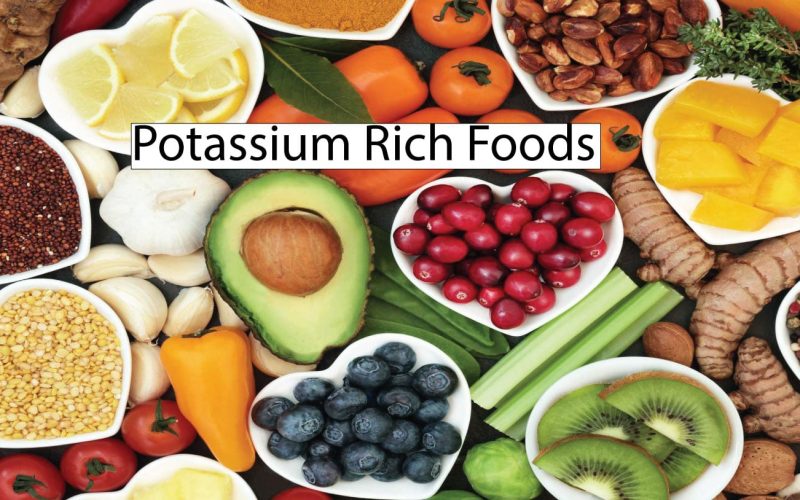
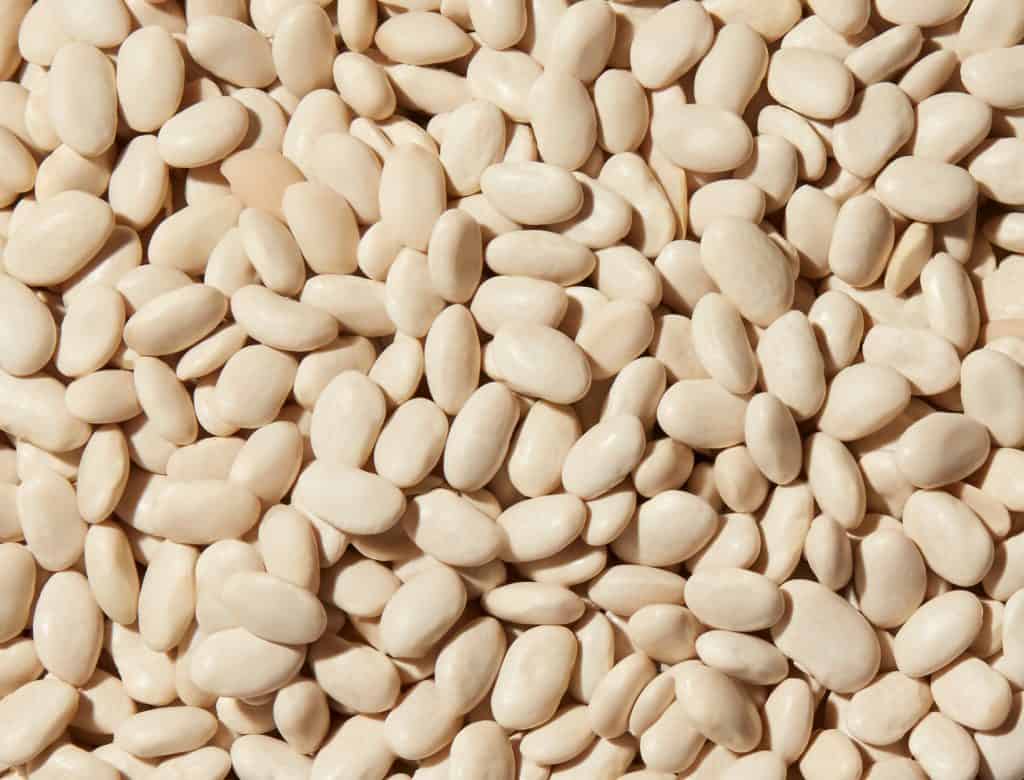
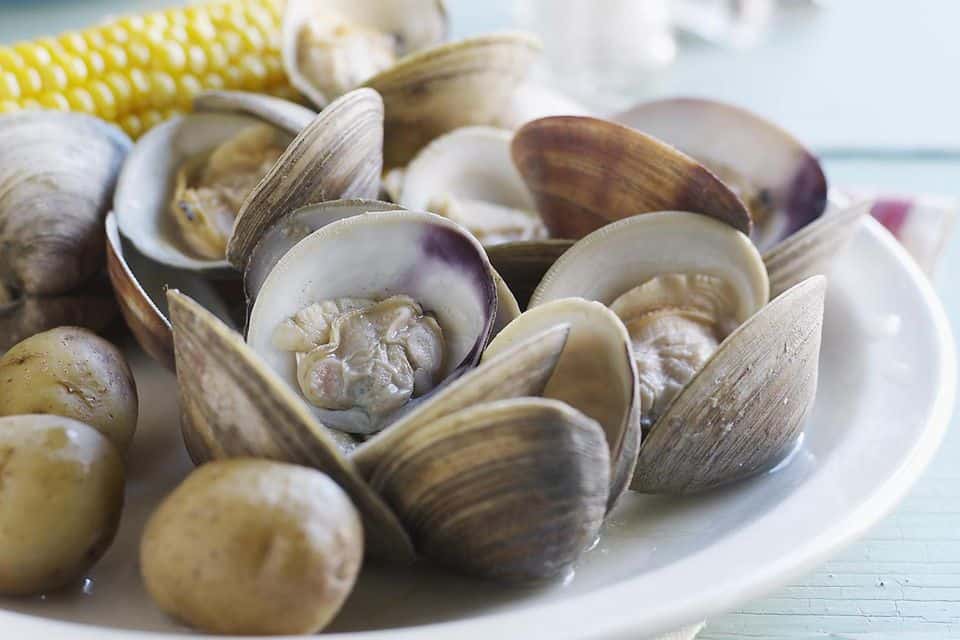
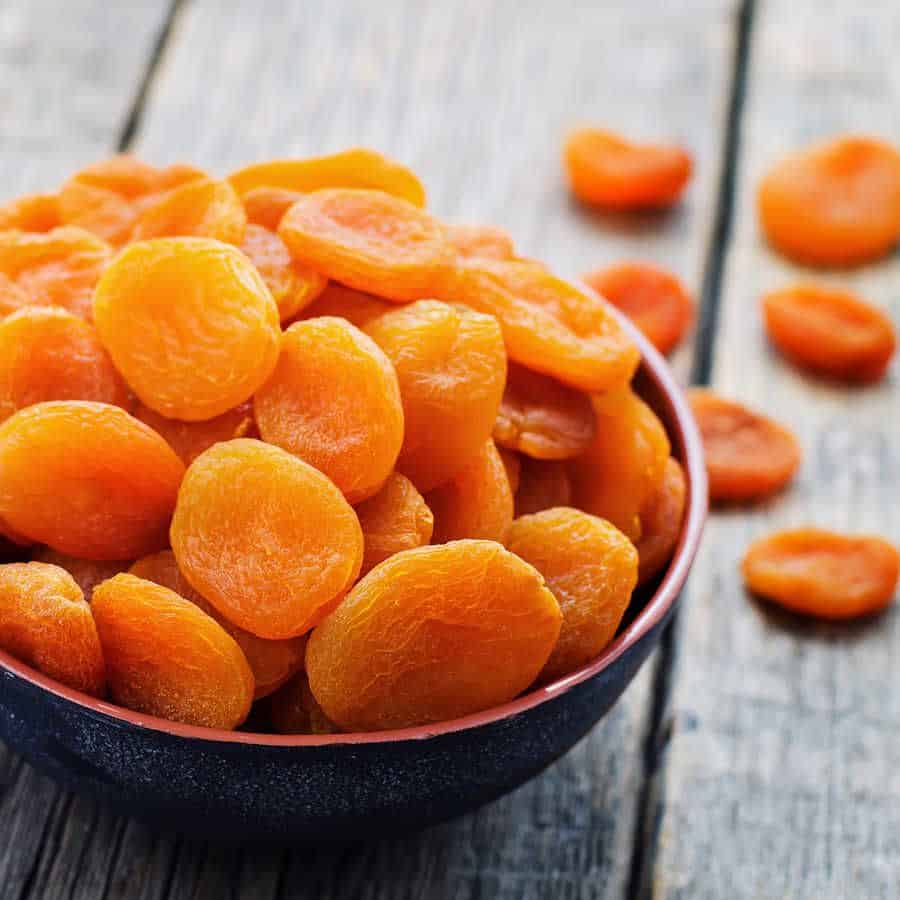
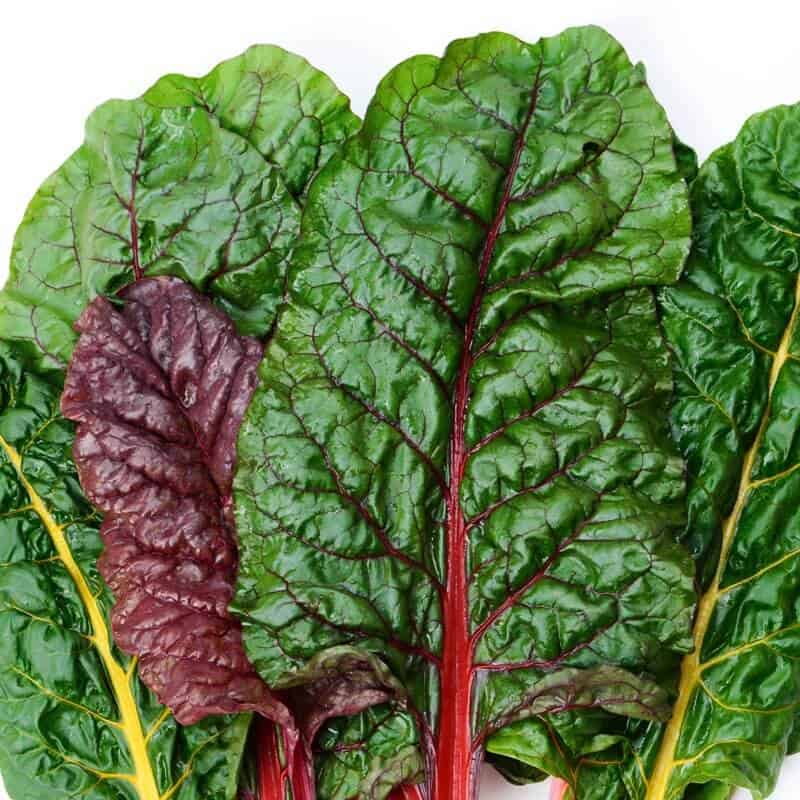

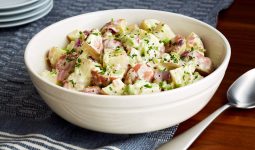
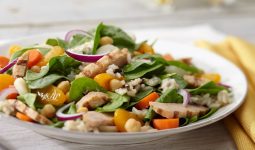

What is a clam? Do we have it in Nigeria? and where can one get it from?